We recently connected with Mark Bajic and have shared our conversation below.
Mark, thanks for joining us, excited to have you contributing your stories and insights. Can you talk to us about how you learned to do what you do?
Well, back in the ’90s, we immersed ourselves in the sounds of bands like Nirvana, Pearl Jam, and Social Distortion and spent countless hours jamming in our garages, playing along to our favorite records, and dissecting the guitar riffs, drumbeats, and vocal styles of those iconic bands.
Looking back, if we could have sped up our learning process, we might have taken advantage of online resources and tutorials, which weren’t as readily available in the ’90s. YouTube and online music lessons would have been a game-changer for us. It would have allowed us to learn new songs and techniques more efficiently. Young musicians today have a lot more resources at their fingertips.
The most essential skills for our alternative ’90s music cover band were:
1. Musical proficiency: Each member had to master their instrument, whether it was guitar, bass, drums, or vocals, to capture the authentic sound of the era.
2. Vocal range and style: To cover bands like Nirvana or Social Distortion, having a vocalist who could mimic the unique vocal styles of Kurt Cobain, Eddie Vedder, or Mike Ness was crucial.
3. Songwriting and arranging: We had to understand the song structures and arrangements typical of ’90s alternative music to recreate them faithfully.
4. Stage presence: Capturing the energy and spirit of live ’90s shows was essential for connecting with our audience.
Obstacles that stood in our way of learning more included:
1. Limited access to resources: We relied on CDs, cassette tapes, and printed materials to learn songs, which were sometimes incomplete or inaccurate.
2. Lack of professional guidance: We didn’t have access to music teachers or mentors who could provide constructive feedback and guidance.
3. Limited technology: Recording equipment and software were expensive and not as accessible as they are today, making it challenging to refine our sound and share our music.
4. Finding band members: Building a dedicated and skilled band was a significant hurdle. It took time to find musicians who shared our passion and commitment.
Despite these challenges, our love for ’90s alternative music and our dedication to honing our skills helped us overcome obstacles and helped us continue to create a memorable experience for our fans.
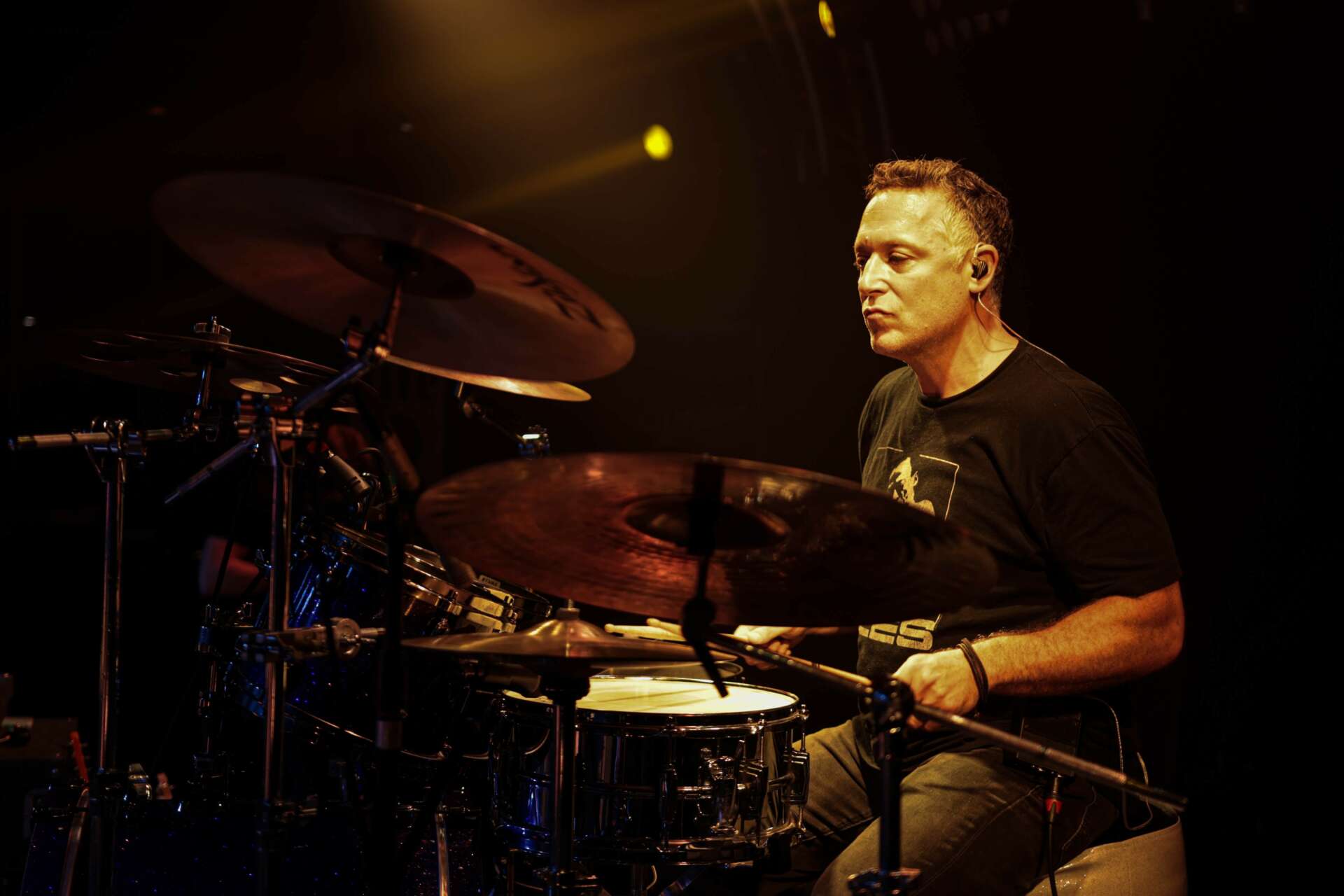
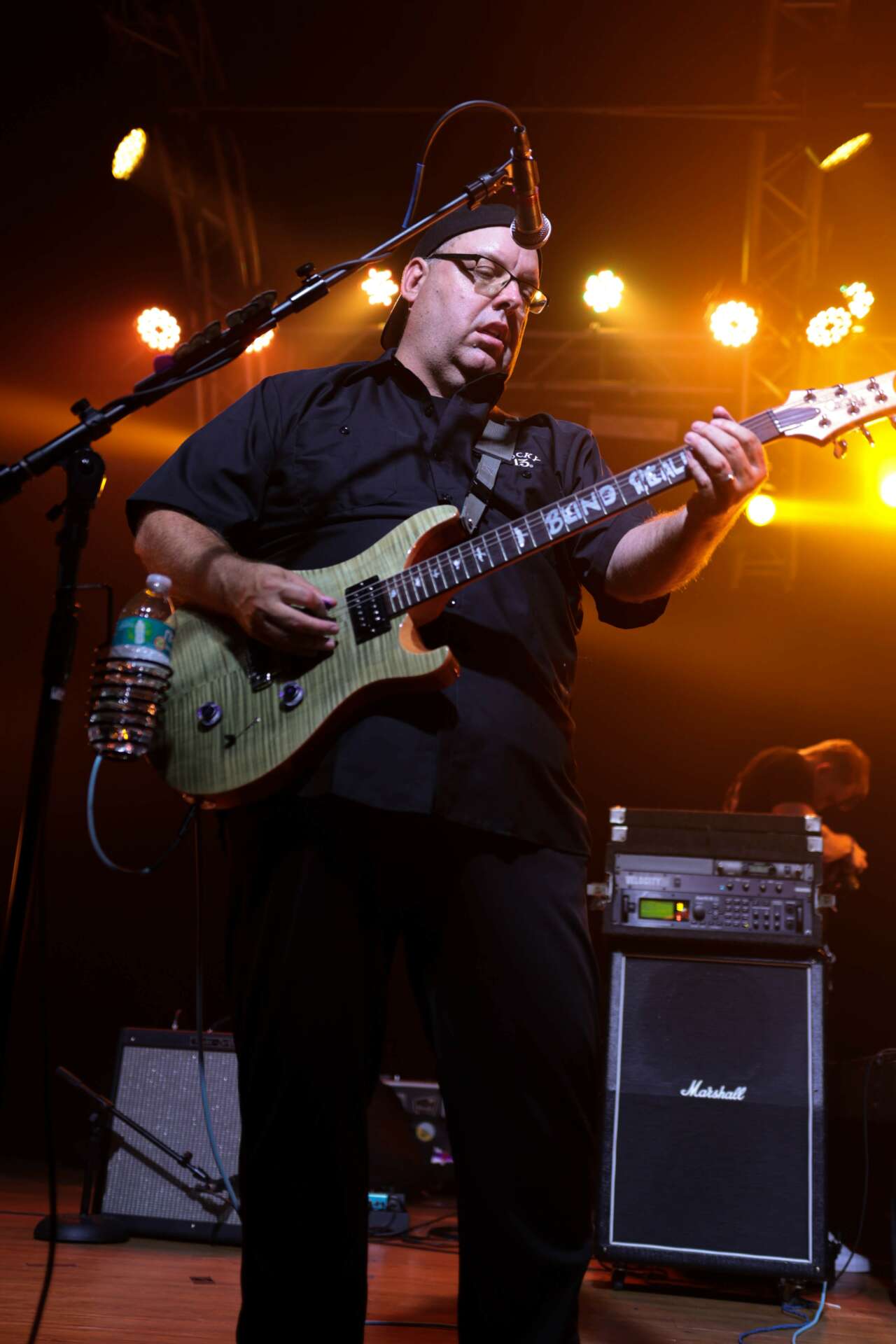
Mark, love having you share your insights with us. Before we ask you more questions, maybe you can take a moment to introduce yourself to our readers who might have missed our earlier conversations?
In 1992, Blind Reality was born. Each one of us had a unique journey.
Hey there, I’m Mark Bajic, and I’m all about the groove and the love for music. I’m the bass guitarist for the band Blind Reality. I’m also a devoted fan of the legendary Bob Marley, which heavily influences my passion for music and my outlook on life.
My journey into the world of music began when I was just a kid, picking up my first bass guitar and plucking away to the reggae rhythms of Bob Marley. The soulful, infectious beats and positive messages in his music resonated with me on a deep level, and I knew I wanted to bring that same joy and spirit to others through music.
As the bassist for Blind Reality, I’ve had the privilege of performing music that blends various genres, although our primary focus is 90’s alternative. Our band strives to bring a unique and eclectic experience that speaks to the heart and soul of our listeners while staying true to the original artists.
We provide a captivating live music experience, transporting our audience into a world of sound and emotion. Our goal is to make people feel the music in their souls, to get lost in the rhythm, and to leave our shows with a smile on their faces and a song in their hearts.
What sets us apart from others is our genuine passion for music and our commitment to delivering an unforgettable performance every time we hit the stage. We’re not just playing music; we’re sharing an experience, and that connection with our audience is what we cherish most.
I’m incredibly proud of the journey we’ve embarked on with Blind Reality, and I’m grateful for the opportunities to collaborate with talented musicians who share my love for music. Our dedication to honing our craft and staying true to our musical roots is something I hold dear.
To potential followers and fans, I want you to know that when you come to a Blind Reality show or listen to our music, you’re not just experiencing a concert – you’re joining a musical family. We’re all about spreading positivity, love, and unity through our music. So, if you’re ready for a soulful, groove-filled journey, I invite you to join us, feel the rhythm, and let the music move you. One love! 🎶🤘
Hey, I’m Yaniv, the drummer for Blind Reality, and I’ve been keeping the rhythm since I joined the band in August 2019. Drumming is more than just a passion; it’s a way of life.
My drumming style is all about versatility and energy. I draw inspiration from a range of genres, including rock, jazz, reggae, and ska. These diverse influences have allowed me to develop a unique drumming technique that adds dynamism and infectious vibes to our music.
Whether we’re rocking out to the power of rock, exploring the improvisational spirit of jazz, embracing the laid-back essence of reggae, or riding the upbeat rhythms of ska, I’m here to make you move and connect with the music on a deep level.
What sets me apart is my dedication to honing my drumming skills and my commitment to delivering electrifying performances. I take pride in being the rhythmic backbone of Blind Reality, ensuring our music resonates with your heart and soul.
I’m most proud of the musical journey we’ve undertaken with Blind Reality and the bond we’ve formed with our fans through our live shows. Music is about sharing emotions and experiences, and I’m thrilled to be a part of that journey.
So, for all our potential followers and fans, when you come to a Blind Reality show, you’re in for a rhythmic adventure that will move your body and spirit. Feel the music, let go, and join us in the experience. Rock on! 🥁🤘
Hey there, I’m Jerry Czahor, and I’ve been jamming with Blind Reality since 2018 as the guitarist.
My journey with music and the guitar started way back when I was a teenager, and it’s been a wild ride ever since. Classic rock has always been a huge influence on my style, and when I joined Blind Reality, I knew I had found a group of like-minded musicians who shared the same passion for music and performing.
My guitar style draws heavy inspiration from the classics, paying homage to the legendary guitarists who’ve shaped rock ‘n’ roll history. Whether we’re cranking out the timeless riffs of classic rock or infusing soulful melodies into our tunes, I’m all about delivering an unforgettable sonic experience.
What sets me apart is my unwavering dedication to my craft. I’ve spent countless hours honing my skills and paying my respects to the greats who’ve come before me. I’m incredibly proud of the musical journey we’ve embarked on with Blind Reality. We’ve poured our hearts and souls into our music, and it’s been an amazing ride. I can’t wait to continue sharing our passion and energy with our fans.
So, to all our potential followers and fans, when you come to a Blind Reality show, you’re in for a sonic adventure that celebrates the power of music. Let the music take over your spirit, feel the energy, and join us on this unforgettable musical journey. Rock on! 🎸🤘
Hey there, I’m Tommy “Sparky” Przybyla, and I’ve been with Blind Reality since the very beginning, proudly taking the lead guitarist role. It’s been one heck of a ride, and I wouldn’t trade it for the world.
Right from the start, I’ve shouldered a hefty share of the musical responsibility within the band. As the lead guitarist, my mission is to infuse our sound with a blend of influences spanning country, hard rock, and classic rock – a mix that defines the heart and soul of our music.
My musical journey draws inspiration from the twangy storytelling of country legends, the electric intensity of hard rock pioneers, and the timeless riffs of classic rock icons. I believe in the power of the guitar to convey a wide range of emotions, and I’m here to bring that emotive energy to our performances.
What sets me apart is my dedication to pushing the boundaries of what the guitar can achieve. Whether I’m delivering searing solos that make the fretboard sing or crafting soulful melodies that transport you to another place and time, I’m all about creating a sonic experience that lingers in your heart and soul.
Being part of Blind Reality from the very start has been an incredible journey, and I’m immensely proud of the musical path we’ve carved. We’ve invested our hearts and souls into our music, and it’s been a wild, unforgettable adventure.
So, to all our potential followers and fans, when you join us at a Blind Reality show, you’re in for a musical experience that weaves together the storytelling of country, the electrifying energy of hard rock, and the timeless allure of classic rock. Feel the magic of the guitar, immerse yourself in the music, and join us as we light up the stage. Let’s rock it out! 🎸🔥🤘
Hey there, I’m Mike Henry, the lead singer of Blind Reality, and my journey with this incredible band started back in 1992. Being the frontman of this group has been a true privilege, and I’m grateful for every moment of it.
As the lead singer, I wear many hats, and I’ve embraced the responsibility of being the voice and the face of our music. My vocal style is like a chameleon, allowing me to seamlessly blend with various music styles. Whether it’s rock, reggae, country, or anything in between, I’m here to bring my versatile vocals to the table.
Throughout my career, I’ve drawn inspiration from a wide range of musical influences, which has allowed me to develop a unique vocal style that adapts to the diverse genres we explore. From belting out powerful rock anthems to crooning soulful ballads, I’m all about connecting with our audience on a visceral level.
What sets me apart is my commitment to delivering authentic and emotionally charged performances. Starting this journey with Blind Reality back in 1992 has been an incredible experience, filled with musical exploration and personal growth. We’ve poured our hearts into our music, and I’m incredibly proud of the legacy we’ve built together.
To all our potential followers and fans, when you come to a Blind Reality show, you’re in for a musical journey that spans across genres. Feel the passion, connect with the music, and join us as we share our hearts and souls on stage. Let’s rock on together! 🎤🎶🤘
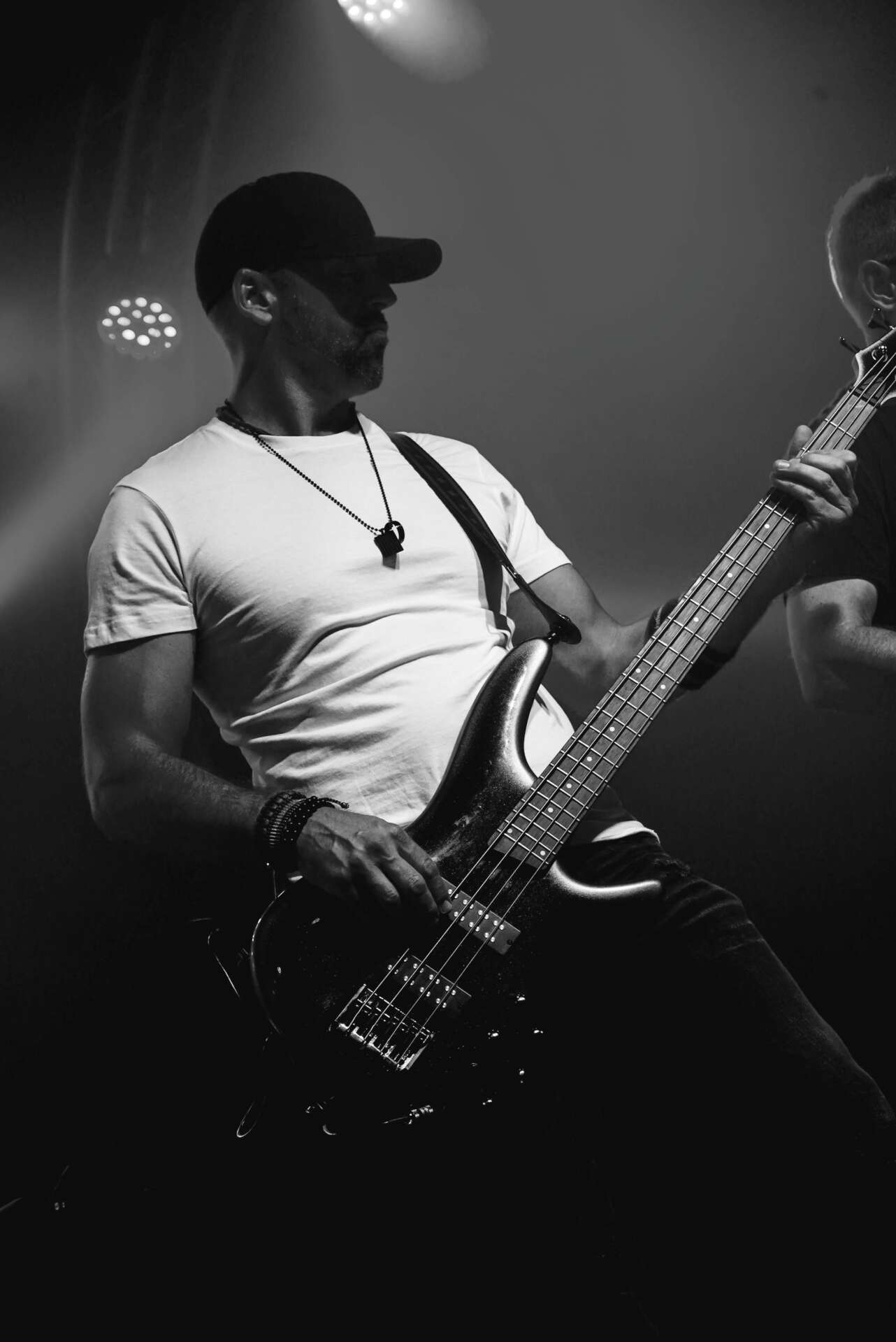
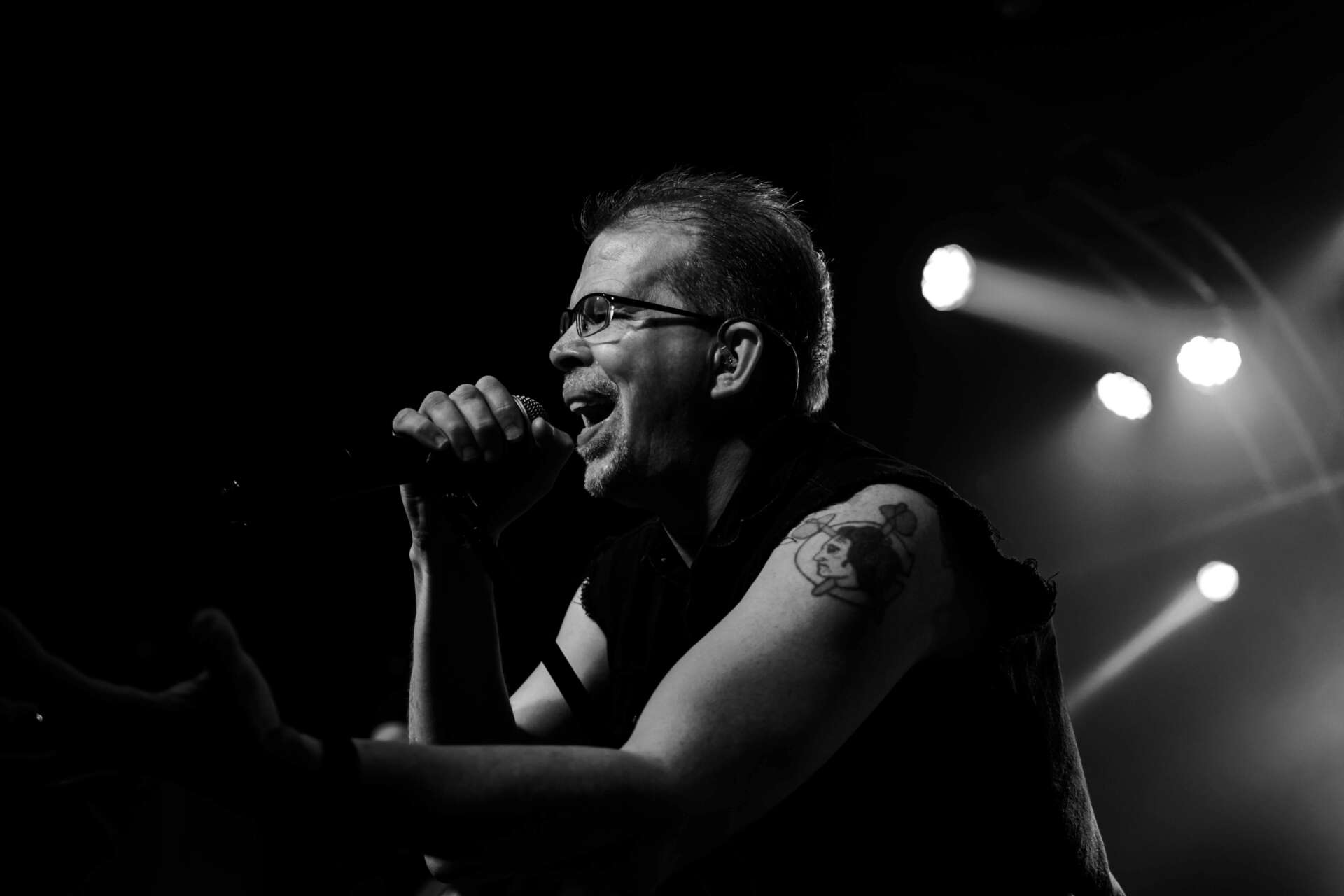
What can society do to ensure an environment that’s helpful to artists and creatives?
As members of Blind Reality, we believe that supporting artists, creatives, and a thriving creative ecosystem is essential for the cultural enrichment and growth of society. Here are our thoughts on how society can best support this vital community:
1. Invest in Arts Education: Society should prioritize arts education in schools and communities. Providing access to music, visual arts, theater, and other creative disciplines early in life allows individuals to explore their talents and passions. Supporting arts education helps nurture the next generation of artists and creators.
2. Accessible Platforms: Society should promote and create accessible platforms for artists to showcase their work. This includes physical venues, online spaces, and community events. Providing opportunities for artists to share their creativity with a broader audience helps them thrive.
3. Diverse Representation: Encouraging and celebrating diversity in the arts is essential. Society should support and uplift artists from all backgrounds, cultures, and perspectives. A diverse creative ecosystem leads to richer and more inclusive art forms that resonate with a broader audience.
4. Grants and Funding: Providing grants and funding opportunities for artists and creatives can be a game-changer. Financial support allows artists to focus on their craft without the constant pressure of financial instability.
5. Mental Health Support: Artists often face unique challenges related to their mental health. Society should prioritize mental health resources and support for artists, recognizing the emotional toll that creative endeavors can sometimes take.
6. Cultural Appreciation: Society should encourage an appreciation for the arts and creativity in daily life. Attending local art exhibitions, concerts, theater performances, and other cultural events can foster a thriving creative ecosystem.
7. Collaboration and Networking: Facilitating collaboration and networking opportunities within the creative community can lead to new and innovative projects. Supporting initiatives that bring artists together helps them learn from each other and create together.
8. Respect for Creative Freedom: Society should respect and protect the creative freedom of artists. Artists often push boundaries, challenge norms, and express dissenting opinions through their work. Upholding freedom of expression is vital for a thriving creative ecosystem.
In summary, a thriving creative ecosystem is built on a foundation of education, support, diversity, and respect. Society has a responsibility to nurture and value its artists and creatives, recognizing their contributions as a vital part of our cultural fabric. By doing so, we can ensure that the arts continue to flourish and enrich our lives.
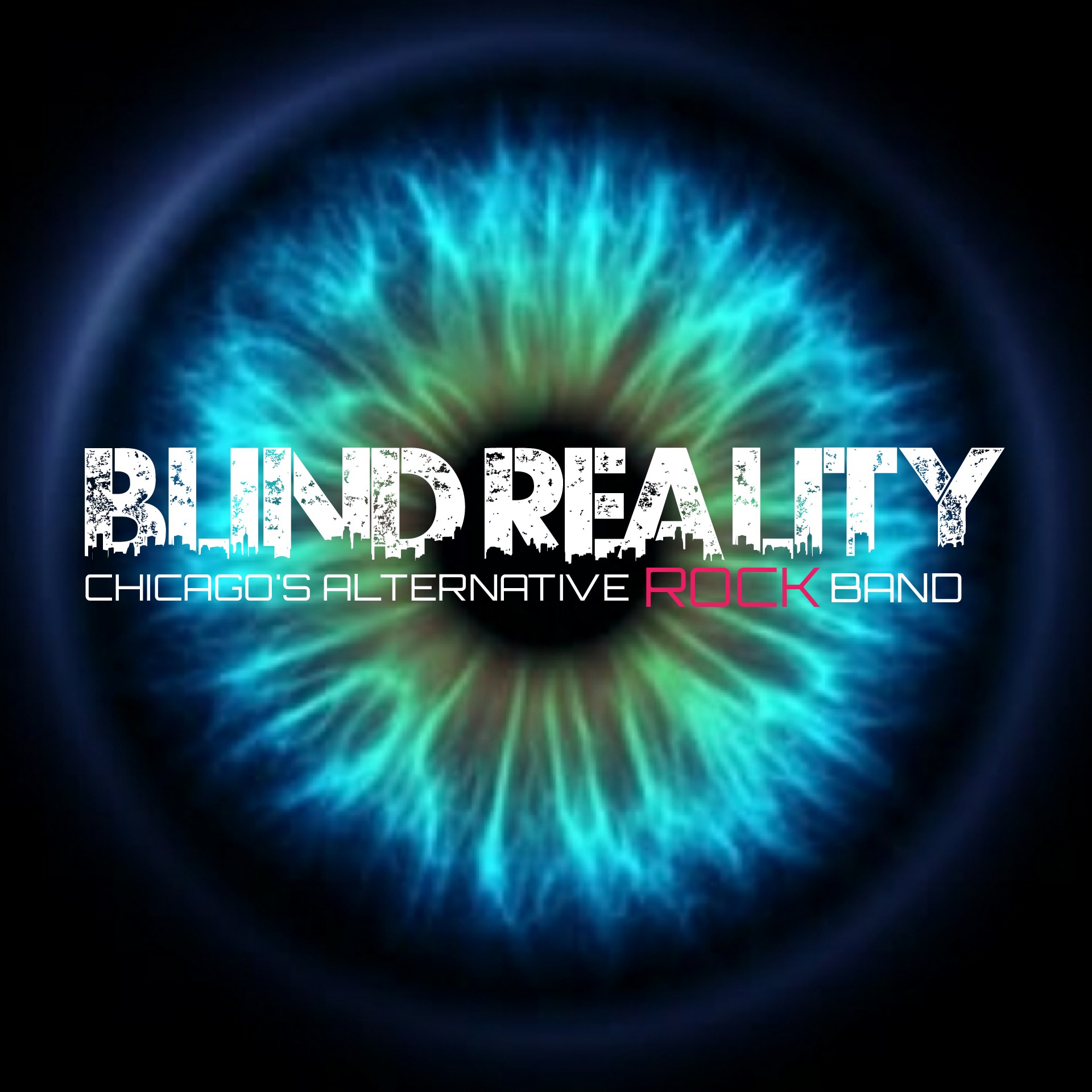
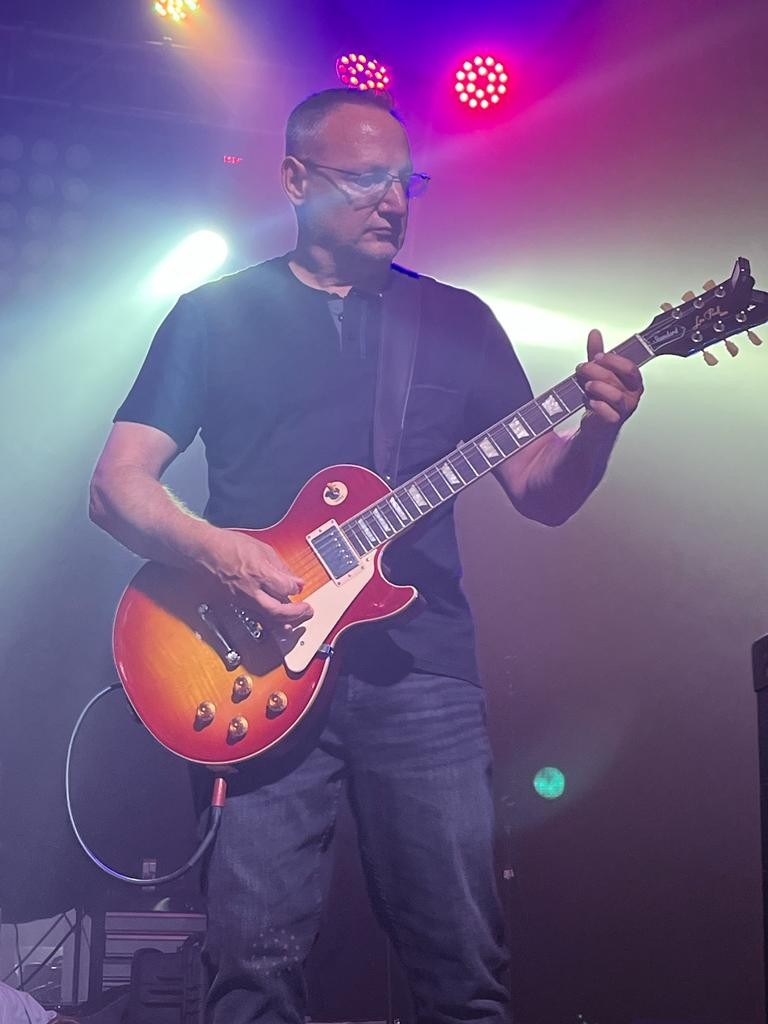
Do you think there is something that non-creatives might struggle to understand about your journey as a creative? Maybe you can shed some light?
Absolutely, there are aspects of the creative journey that non-creatives may find challenging to fully grasp. Here’s some insight into what those aspects might be:
1. The Pursuit of Passion over Practicality: Creatives often prioritize their passion and artistic pursuits over more traditional, stable career paths. This choice can be difficult for non-creatives to understand because it often involves uncertainty and financial instability. However, for many creatives, the pursuit of their art is non-negotiable, and the intrinsic rewards outweigh the practical challenges.
2. Emotional Investment: Creating art is a deeply emotional process. Non-creatives might not fully comprehend the emotional highs and lows that come with pouring one’s heart and soul into a creative project. The attachment to one’s work can be intense, and criticism or rejection can be especially hard to bear.
3. The Need for Solitude: Many creatives require periods of solitude and introspection to generate ideas and create their best work. Non-creatives may not understand why a creative person needs this alone time and might misinterpret it as isolation or withdrawal.
4. **Failure as a Learning Experience:** Failure is a natural part of the creative process. Creatives often see failure as an opportunity to learn and grow, but non-creatives may perceive it as a setback or a reason to abandon a project. Understanding that failure is a stepping stone to success is a fundamental aspect of the creative journey. With that said, I do believe that those who are in more traditional careers are beginning to embrace failure as a necessary stepping stone to eventual success
5. The Constant Search for Inspiration: Creatives are always on the lookout for inspiration, and this can seem mysterious to non-creatives. Ideas can strike at any moment, and creatives often find inspiration in the everyday, seemingly mundane experiences.
6. Non-Linear Progress: The creative journey is rarely a linear path from start to finish. It often involves experimentation, revisiting old ideas, and taking unexpected detours. Non-creatives might struggle to understand why creatives don’t always follow a straightforward trajectory.
7. The “Eureka” Moment: Creatives often describe moments of sudden insight or inspiration as “eureka” moments. These moments can’t be forced or predicted, and non-creatives might find it hard to understand how crucial they are to the creative process.
In essence, the creative journey is a deeply personal and often unpredictable experience. It’s marked by a unique set of challenges, joys, and perspectives that may not always align with conventional thinking. Non-creatives can benefit from recognizing and respecting the complexity of the creative process, as it can lead to a better understanding and appreciation of the art and artists in their lives.
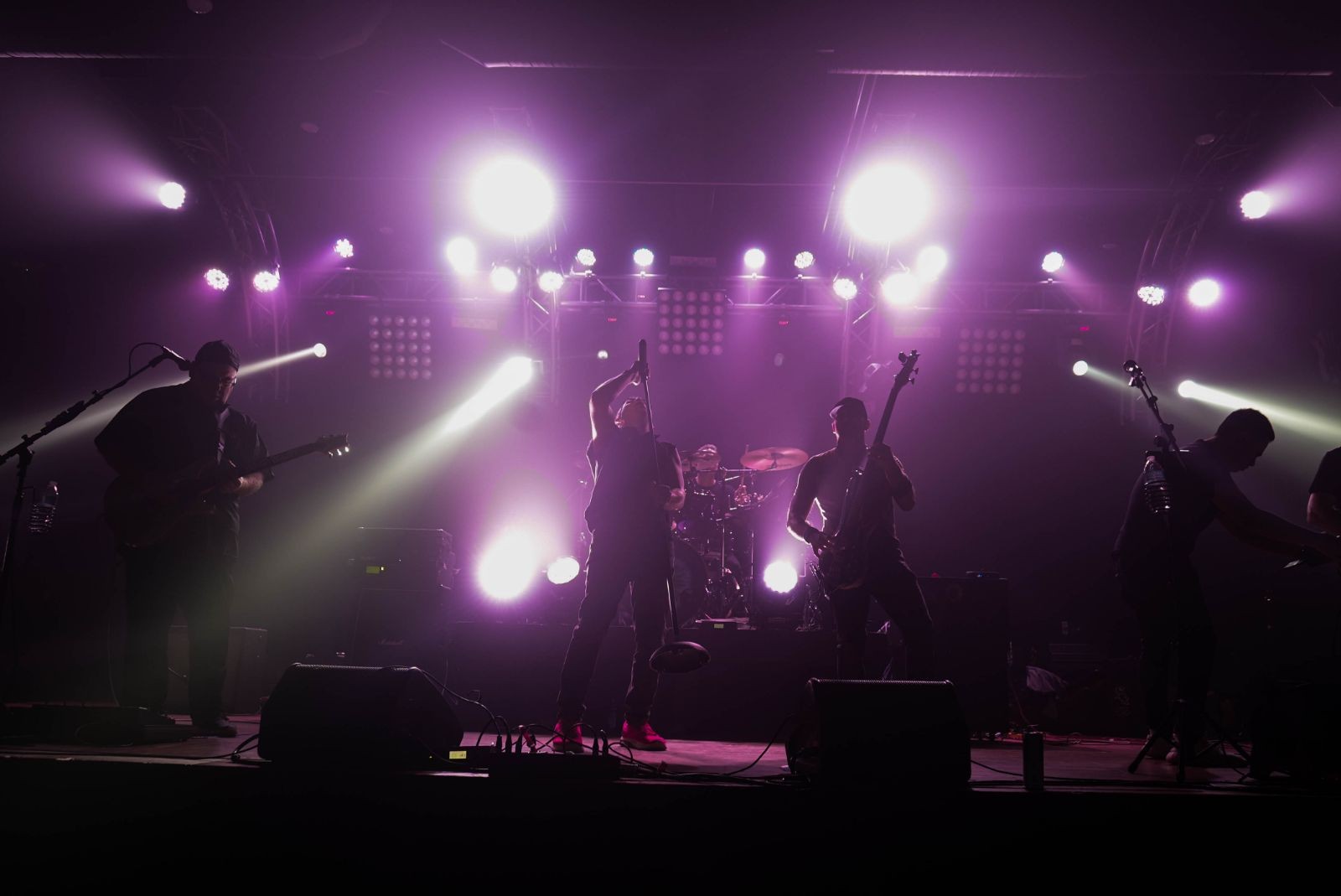
Contact Info:
- Website: https://blindreality1992.com/
- Facebook: https://www.facebook.com/blindreality92
- Other: https://www.tiktok.com/t/ZT8Mpmmxh/
Image Credits
Not applicable


